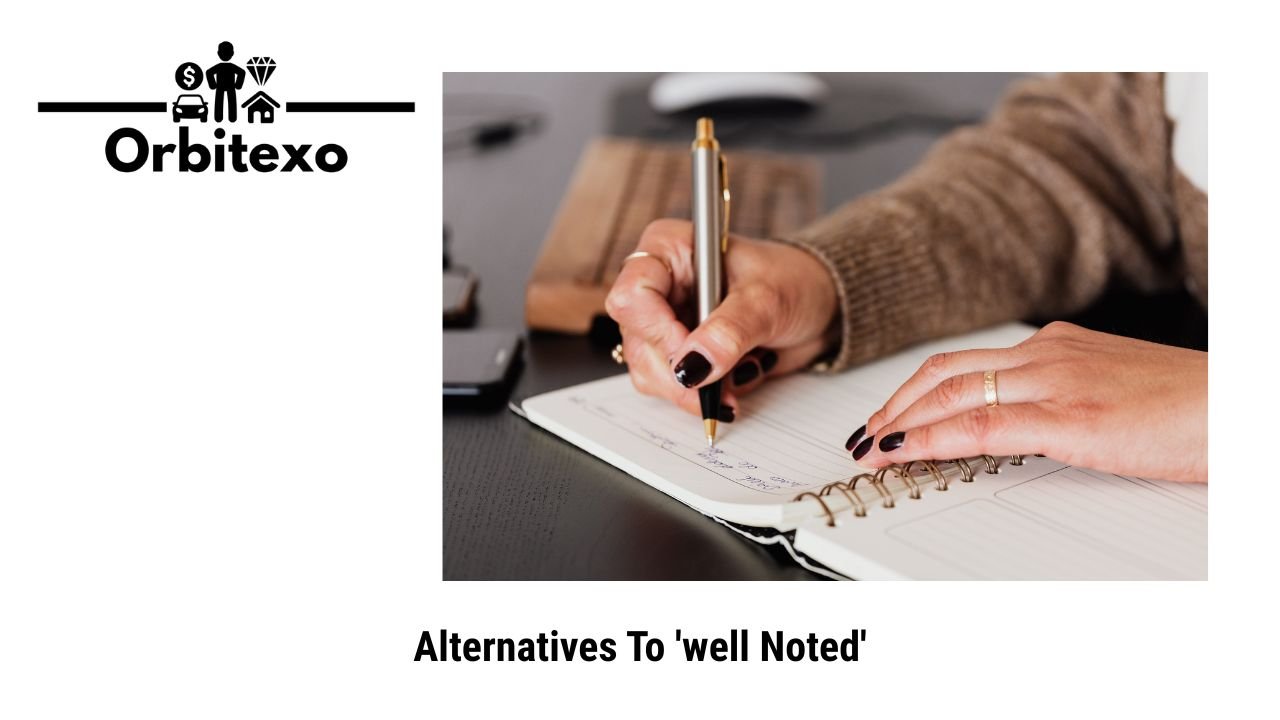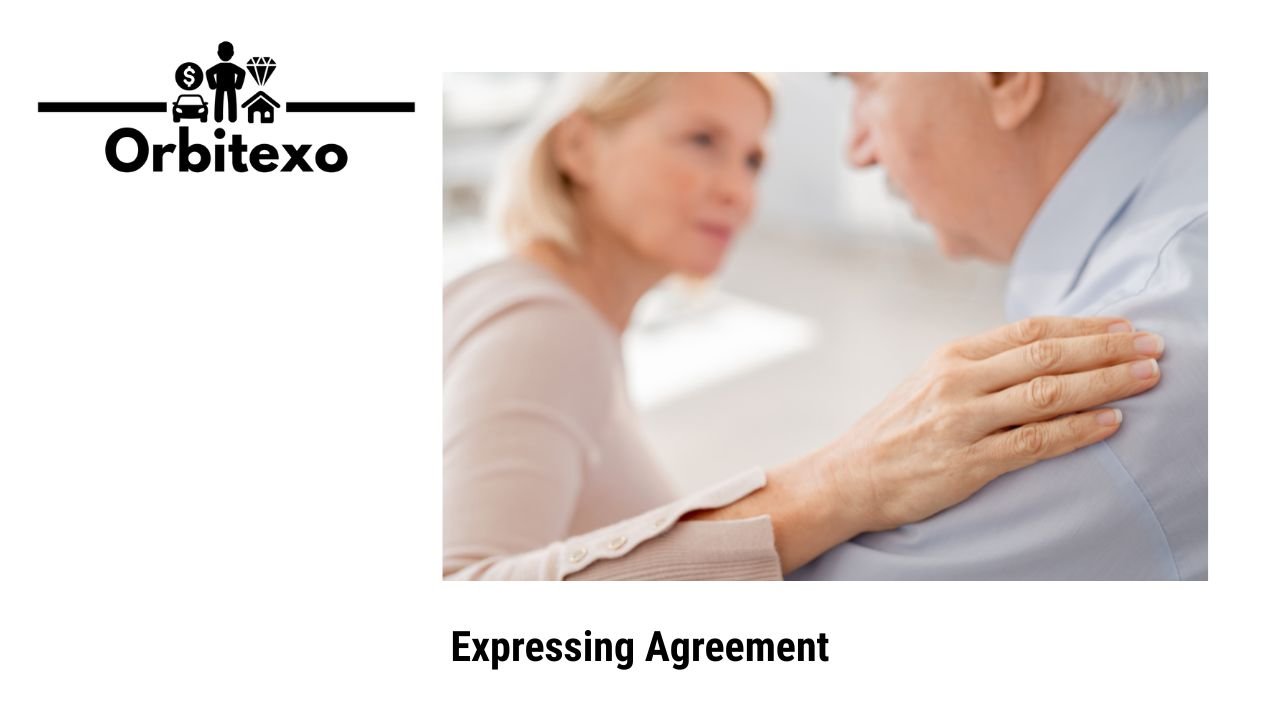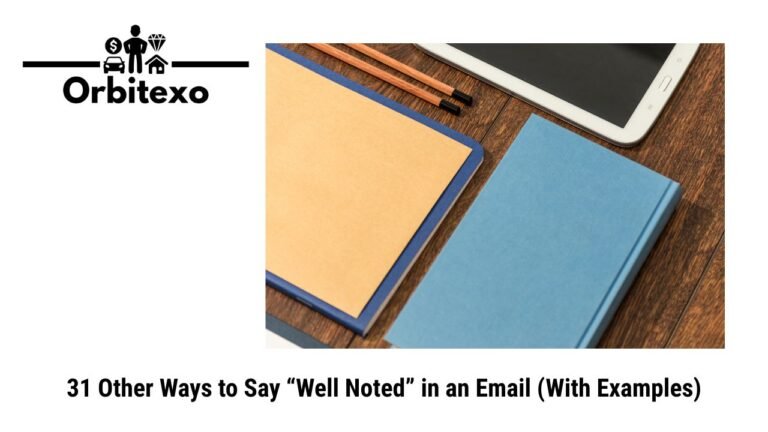Acknowledging emails is important in professional communication. “Well noted” is a common response.
But using the same phrase repeatedly can seem dull or unoriginal. Are you tired of always saying “well noted” in your emails? Want to add variety to your responses while still sounding professional? We’ve got you covered. In this blog post, we’ll explore 31 other ways to say “well noted” in an email.
These alternatives will help you express acknowledgment in fresh, engaging ways. Whether you’re replying to a colleague, a client, or your boss, this list will ensure your emails remain polite and professional. Let’s dive in and discover new ways to keep your communication sharp and effective.
Alternatives To ‘well Noted’

When corresponding through email, using the same phrases repeatedly can become monotonous. One common phrase is “Well Noted.” While it serves its purpose, there are numerous alternatives that can convey the same meaning more effectively. This section explores some engaging alternatives to “Well Noted” to keep your communication fresh and varied.
Acknowledged
Using “Acknowledged” is a straightforward way to confirm receipt of information. It implies that you have received and understood the message.
- Example: “Your instructions are acknowledged. I’ll proceed accordingly.”
Understood
“Understood” is a concise way to show that you grasp the content or instructions given. It is a clear indication that you comprehend what has been shared.
- Example: “Understood. I’ll make sure to follow the guidelines.”
Professional Responses

Professional responses are essential for maintaining a respectful and efficient email communication. Using varied expressions can enhance your professionalism. It also keeps your emails engaging. Below are two professional alternatives to “Well Noted”.
Receipt Confirmed
“Receipt Confirmed” is a straightforward and professional response. It shows you have received the information. It also indicates you acknowledge its contents. Here’s how to use it in an email: Example: Thank you for sending the report. Receipt confirmed.
Duly Noted
“Duly Noted” is another excellent alternative. It implies that you have acknowledged and understood the information. This phrase is both formal and respectful. Use it to assure the sender their message is important to you. Example: Your instructions are duly noted. We will proceed accordingly.
Informal Responses
Sometimes, email communication can feel too formal. Using informal responses can make your emails sound friendlier and more personal. This approach is perfect when writing to colleagues or clients you know well. Here are two informal ways to say “Well Noted” in an email.
Got It
Using “Got it” is a simple and effective way to acknowledge an email. It shows you understand the message without being too formal.
- Example 1: “Got it, thanks for the update.”
- Example 2: “Got it, I will get on it right away.”
This phrase is short and clear, making it perfect for quick responses.
Noted With Thanks
“Noted with thanks” is another informal yet polite way to acknowledge receipt of information. It not only shows you have understood the message but also expresses gratitude.
- Example 1: “Noted with thanks, I will make the changes.”
- Example 2: “Noted with thanks, I will inform the team.”
This phrase balances informality and politeness, making it suitable for various professional contexts.
Expressing Agreement

In professional emails, expressing agreement is often necessary. It shows you understand and accept the information shared. Using varied phrases can make your communication more engaging and dynamic. Let’s explore some effective ways to express agreement.
I Agree
The phrase “I agree” is straightforward and clear. It leaves no room for doubt about your stance. Here are a few examples:
- I agree with your point on the project timeline.
- Your suggestion is excellent. I agree completely.
- I agree that we should proceed with the plan.
Using “I agree” is simple and direct. It communicates your support effectively.
Sounds Good
The phrase “Sounds good” is casual yet positive. It shows you are on board with the idea. Here are a few examples:
- The new meeting time sounds good to me.
- Your proposal sounds good. Let’s move forward.
- Implementing these changes sounds good.
“Sounds good” conveys your agreement in a friendly manner. It is useful for less formal communication.
Ensuring Clarity
Ensuring clarity in emails is vital. It helps avoid misunderstandings and keeps communication clear. Using different phrases instead of “well noted” can enhance clarity. Let’s explore some alternatives.
Clarified
Using “clarified” shows you understood the message. It confirms you have processed the information. For example:
- “Your instructions are clarified.”
- “The details are clarified.”
- “All points are clarified.”
Message Received
“Message received” is another clear way to confirm understanding. It reassures the sender their message has been understood. Examples include:
- “Your message is received.”
- “Message received, thank you.”
- “I have received your message.”
Polite Responses
In professional communication, using polite responses is essential. It shows respect and attentiveness. Instead of always saying “Well noted,” diversify your responses. This makes your emails more engaging and professional. Let’s explore some polite ways to respond.
Thank You For The Update
Expressing gratitude is always appreciated. Here are some alternatives:
- Thank you for the update – Simple yet effective.
- Thanks for the information – Shows you value the provided details.
- I appreciate the update – Adds a personal touch.
- Thank you for keeping me informed – Shows you value the communication.
Appreciate It
Showing appreciation can strengthen your professional relationships. Consider these alternatives:
- Appreciate it – Short and to the point.
- I appreciate your effort – Recognizes their hard work.
- Thanks for letting me know – Shows you acknowledge the information.
- Thank you for your input – Shows you value their contribution.
Confirming Actions
Confirming actions in an email is crucial. It ensures everyone understands their responsibilities. Using the right words can make your communication clear and professional. Instead of the usual “well noted,” try these alternatives for confirming actions.
Action Taken
Your request has been processed. The necessary steps are underway. Please rest assured, we are on it. All tasks have been completed as per your instructions. We’ve taken action accordingly. Everything is in motion now. I’ve handled your request. The process is now complete. You can expect the results soon.
Will Do
Got it. I will take care of it shortly. Expect an update soon. Understood. I will handle the task right away. You will hear from me soon. Message received. I will ensure it gets done promptly. Await further communication. Noted. I will proceed with the necessary actions. Please expect a follow-up.
Summarizing Points
In professional communication, it’s essential to acknowledge and summarize key points. Using different phrases to convey that you have understood and taken note of the information can enhance clarity. Here are some alternatives to “Well Noted” that you can use in emails.
To Recap
Summarizing the main points ensures everyone is on the same page. Here are some phrases you can use:
- Noted with thanks: This phrase shows appreciation while confirming understanding.
- Got it: A simple and informal way to acknowledge receipt.
- Understood: Clearly states that the message has been comprehended.
- Message received: Confirms that the communication has been received and noted.
- Noted, thank you: Combines acknowledgment with gratitude.
Summary Understood
When summarizing points, it’s important to restate them clearly. Here are some examples:
- Noted and understood: Confirms both receipt and comprehension.
- Information received: Indicates that the details have been noted.
- Noted, I’ll follow up: Ensures the sender that action will be taken.
- All noted: A concise way to acknowledge all points mentioned.
- Details noted: Specifies that important information has been recorded.
Using varied language helps keep your emails fresh and engaging. It also shows professionalism and attentiveness. Next time you need to summarize points, try one of these alternatives to “Well Noted”.
Frequently Asked Questions
What Are Alternatives To “well Noted”?
Alternatives to “Well Noted” include “Understood,” “Got it,” “Acknowledged,” “Noted with thanks,” “Message received,” and “I comprehend. ” These phrases convey understanding and confirmation in a professional manner.
How Do You Politely Acknowledge An Email?
To politely acknowledge an email, use phrases like “Thank you for the update,” “I appreciate the information,” or “Understood, thank you. ” These responses show gratitude and acknowledgment.
Is “noted” A Professional Response?
“Noted” can be professional, but it may seem curt. Alternatives like “Understood” or “Acknowledged, thank you” can be more polite and clear.
When Should You Use “well Noted”?
Use “Well Noted” to confirm receipt and understanding of important information. It is suitable for professional and formal communication.
Conclusion
Finding the right words in emails can be tricky. “Well noted” often feels overused. This list offers fresh alternatives. These phrases can make your emails sound more professional. They also help show your understanding clearly. Try using different expressions from time to time.
It keeps your communication engaging. Your recipients will appreciate the variety. So, explore these options and enhance your email skills today.


